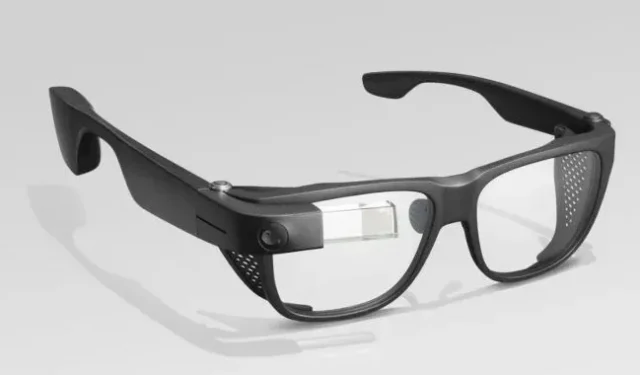Project Iris leaks first details about Google’s next augmented reality headset

Google engineers are developing a new augmented reality (AR) headset, according to a report by The Verge, citing two people familiar with the project.
Google hopes to release a product codenamed Project Iris sometime in 2024, but that date has most likely not been set.
Like rumors about Apple’s mixed reality glasses, Project Iris will be wireless and will use external cameras to send you an augmented image of the real world. As with one of the devices Apple was reportedly working on, the glasses offloaded complex graphics processing to an external computer. In the case of Google, the device will rely on cloud computing rather than neighboring hardware.
Sources from The Verge say that about 300 people are working on the top-secret project at Google, including some members of the Pixel team. The project is led by Google VP of Labs Clay Bavor, who has been active in several past AR/VR/XR projects over the years.
These projects include Google Lens, ARCore, and the recently announced Starline project. Project Starline is a high-definition video calling and telepresence booth that uses both 3D sensors and 3D display technology to give the illusion that the person you’re talking to remotely is sitting right in front of you in a physical space. Starline is also aiming for a 2024 launch and is being rolled out at some Fortune 500 companies and within Google as part of a pilot program.
As is often the case with R&D projects (particularly at Google), many of the projects Bavor led never made it into mainstream products. It could end up like this here too.
On the other hand, Google is now engaged in an ongoing arms race in mixed reality technologies. Facebook has renamed itself Meta and sees the technology as its future core business. In the meantime, Apple is working on a mixed reality and augmented reality platform, with several products in development. And other big tech companies like Microsoft are investing heavily in telepresence and AR.
Google’s history with this kind of technology is also deeply rooted. For example, the company introduced its Google Glass AR headset in 2012. Glass failed as a consumer product, but is still used in a corporate context. And last year, Google acquired smart glasses maker North.
Other key people involved in the Iris project are Sr. CTO in charge of ARCore (Shahram Izadi), Sr. CTO formerly in charge of Google Lens (Eddie Chung), Google Assistant creator Scott Huffman, former Lytro CTO Kurt Ackley, and former head of Facebook/Meta AR software Mark Lukowski.
Leave a Reply